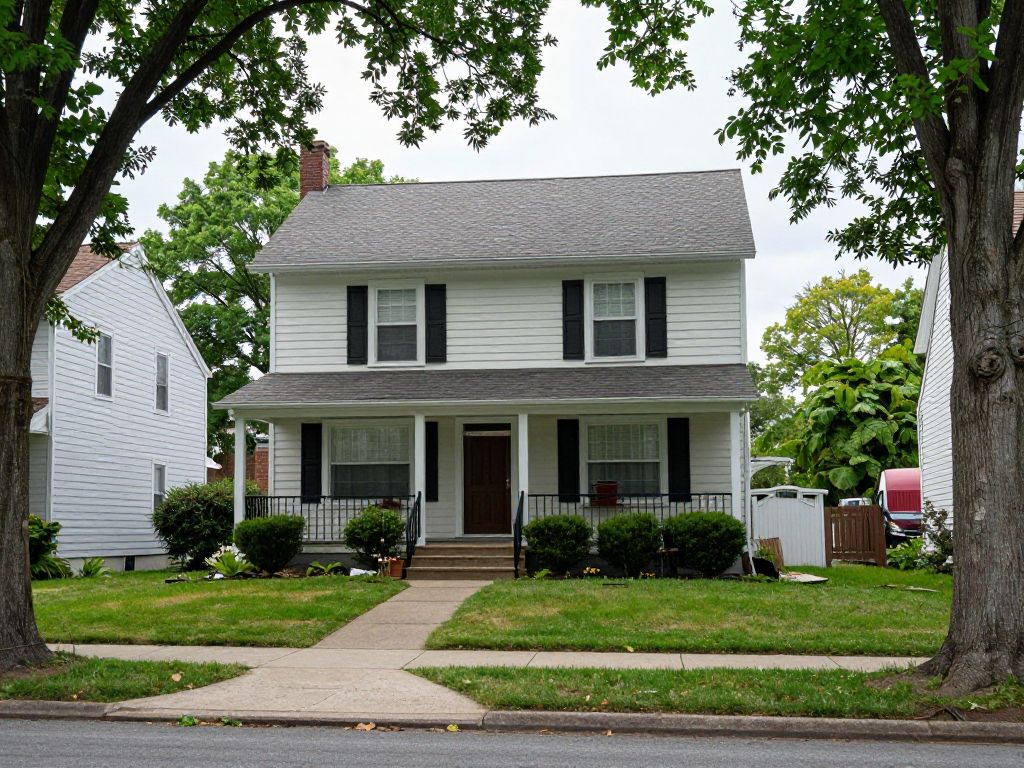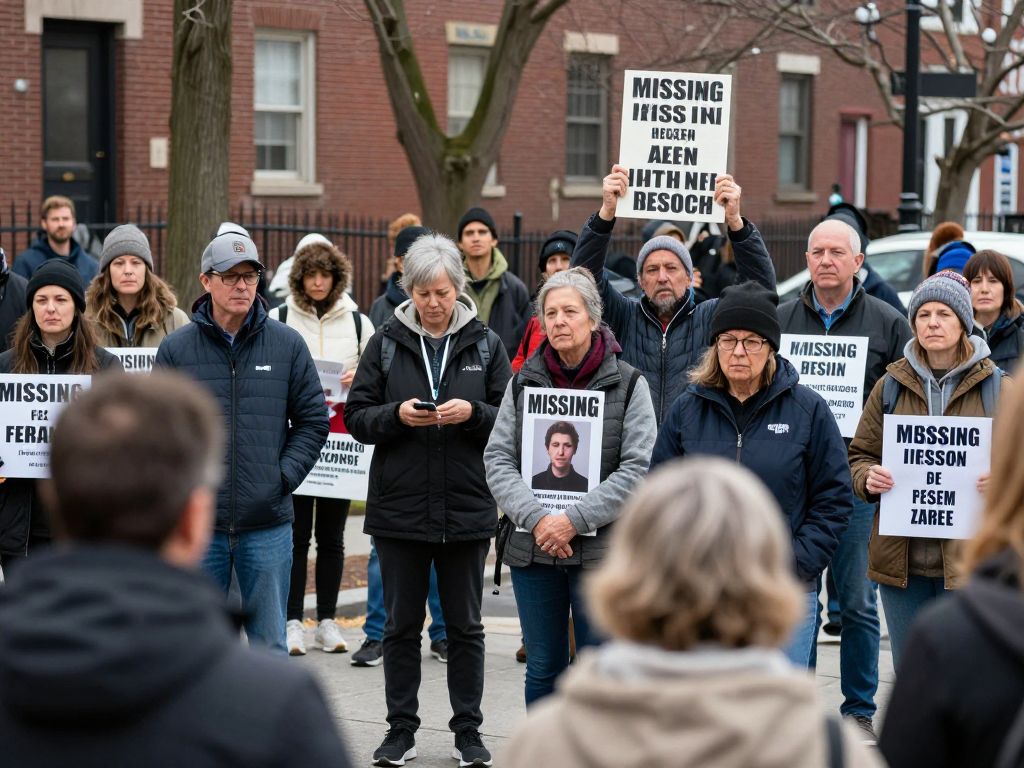News Summary
A recent study highlights a potential $1.7 billion drop in Boston’s commercial property tax revenue over the next five years, attributed to changing post-pandemic work patterns. The forecasted decline, estimated at 35-45% in assessed values for office spaces, poses significant risks to the city’s budget and economic stability. Mayor Michelle Wu acknowledges the challenges and proposes legislative changes to address tax burdens, while facing obstacles in the state Senate and growing concerns about the city’s long-term financial health.
Boston is facing a daunting financial challenge, as a recent study predicts a potential drop in commercial property tax revenue that could reach $1.7 billion over the next five years. This forecast, spurred by changing work patterns post-pandemic, threatens to significantly impact the city’s budget and financial stability.
The forecasted decline comes from a joint study conducted by the Boston Policy Institute and Tufts University, which estimates a 35-45% decrease in assessed values for Boston’s office spaces. This alarming reduction in property values is expected to create a substantial shortfall in the city’s tax revenue, thereby exceeding previous financial predictions.
Boston Mayor Michelle Wu is aware of the economic pressures and recently acknowledged the complex circumstances driving this potential budget crisis. Despite criticisms of her administration’s progress, Wu emphasized the city’s robust bond rating and ongoing initiatives to adapt office spaces into housing. These efforts are part of a broader strategy to navigate through the evolving economic landscape and maintain growth in the city.
The city’s reliance on commercial properties for tax income poses a distinct challenge; these properties generate a larger slice of tax revenue compared to similar cities across the nation. However, according to the BPI report, the once-robust tax framework is now viewed as a liability in light of ongoing economic shifts. The Massachusetts economy is exhibiting signs of slowdown, and there are growing concerns about potential adverse impacts from federal policies, including tariff implementation and cuts in health research funding.
In response to these fiscal challenges, Mayor Wu has proposed legislative changes aimed at temporarily shifting the tax burden from residents to commercial property owners. This proposal had previously faced rejection in the state Senate, highlighting a rift in effective policy responses to the economic situation facing Boston.
The current budget for Boston stands at $4.8 billion, which reflects a 4% increase compared to previous budgets, despite the unsettling outlook for commercial real estate. While the City Council recently approved this budget, critics argue that it may be out of touch with the economic realities confronting the city’s commercial sector.
Recent trends reveal that commercial property owners are experiencing a “hidden penalty” when filing for tax abatements, leading to increases in assessed values. Although the city has adjusted office property assessments downward, they continue to outpace actual sales prices by an average of 37%, indicating that the market is undervalued compared to the city’s assessments.
Mayor Wu’s previous attempts to offset tax burdens for homeowners by reallocating some of that burden to commercial landlords have also stalled in the legislature, slowing any potential relief for residential property owners. Furthermore, analysts have pointed out potential constitutional and due process issues surrounding the city’s management of property tax assessments, complicating the financial landscape further.
The shift toward remote work has also contributed to declining demand for office space, which places Boston’s reliance on commercial property taxes at significant risk. The Senate’s hesitation to support Wu’s tax shift proposal underscores broader concerns regarding the city’s long-term economic recovery strategy and its ability to adapt to changing market conditions.
As the city navigates these multifaceted challenges, the outcomes of these economic forecasts and legislative proposals will play a critical role in shaping the future fiscal health of Boston.
Deeper Dive: News & Info About This Topic
HERE Resources
Boston City Council Approves $4.8 Billion Budget
Boston Property Owners Face Hidden Tax Penalties
Boston Commercial Property Owners Face Rising Taxes After Appeals
Boston Faces Significant Budget Shortfall Amid Rising Office Vacancies
Boston Faces Financial Challenges Amid Nonprofit Tax Exemption Issues
Boston Mayoral Race Heats Up: Wu vs. Kraft
Massachusetts Faces Economic Challenges Amid Federal Policy Changes
Mayoral Forum Highlights Transportation Divide in Boston
Boston Maintains AAA Bond Ratings Amid Economic Challenges
Boston City Council Repeatedly Blocks Resolution to Remove Councilor
Additional Resources
- Boston Herald: Hidden Tax Spikes for Commercial Properties
- Boston Globe: Michelle Wu’s Tax Policy on Commercial Real Estate
- Axios: Boston Commercial Real Estate Report
- GlobeSt: Boston’s Office Values Threatening City Budget
- Wikipedia: Commercial Property

Author: STAFF HERE BOSTON WRITER
The BOSTON STAFF WRITER represents the experienced team at HEREBoston.com, your go-to source for actionable local news and information in Boston, Suffolk County, and beyond. Specializing in "news you can use," we cover essential topics like product reviews for personal and business needs, local business directories, politics, real estate trends, neighborhood insights, and state news affecting the area—with deep expertise drawn from years of dedicated reporting and strong community input, including local press releases and business updates. We deliver top reporting on high-value events such as Boston Marathon, Head of the Charles Regatta, and Boston Harborfest. Our coverage extends to key organizations like the Greater Boston Chamber of Commerce and Associated Industries of Massachusetts, plus leading businesses in finance, biotech, and insurance that power the local economy such as Fidelity Investments, Biogen, and Liberty Mutual Insurance. As part of the broader HERE network, we provide comprehensive, credible insights into Massachusetts's dynamic landscape.





